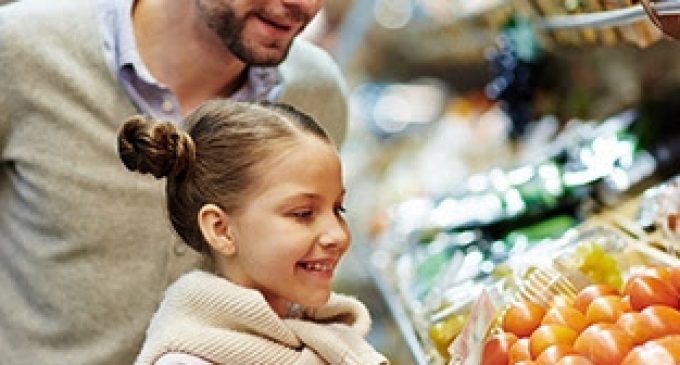Deal Activity in Food and Beverage Sector Falls Heavily

New research from leading business and financial adviser Grant Thornton UK LLP has found that deal activity in the food and beverage sector has fallen in the second quarter of 2020, but that deals are still closing amidst the COVID-19 pandemic.
The firm’s latest ‘Food and beverage insights’ report reveals that 27 transactions were announced in Q2 2020. This is a sharp fall compared to the first quarter of the year where 44 deals were reported, and when compared to the same quarter last year (52 deals) – a 39% and 48% fall respectively.
Total disclosed deal value for Q2 2020 was £2 billion, across 11 deals with publicly disclosed values. This is a significant increase on Q1 2020’s total disclosed value of £298.8 million. This 578% increase was largely due to two mega deals that reported the combined value of £1.6 billion (the £820 million acquisition of frozen food retailer, Iceland, and the joint venture between Marston and Calsberg to form Calsberg Marson’s Brewing Company at £780 million).
 Reported insolvencies in the sector in Q2 2020 increased to 5 from 3 in the previous quarter. Whilst rising, this number remains relatively stable but is highly likely to increase later in the year, particularly when the government’s furlough scheme ends. For some sub sectors, this will re-balance long term overcapacity and create a stronger position for those who remain.
Reported insolvencies in the sector in Q2 2020 increased to 5 from 3 in the previous quarter. Whilst rising, this number remains relatively stable but is highly likely to increase later in the year, particularly when the government’s furlough scheme ends. For some sub sectors, this will re-balance long term overcapacity and create a stronger position for those who remain.
Only 8 of the 27 deals in Q2 2020 involved private equity (PE) and related investment (30% vs 50% in Q1 2020). The report notes that PE’s willingness to invest in food and beverage has been dampened by short-term uncertainty, which has seen some companies, such as large-retail suppliers, outperform, where others have been mothballed, due to the forced closure of their customers. As such, PE investors played it safe in Q2 with investments in largely pandemic-resistant sub sectors such as indulgence foods and healthy/functional eating.
The second quarter of 2020 also saw cross border activity continue at a normalised level, a 56:44 domestic to cross border ratio. Inbound overseas activity remained robust at 26% (7 deals) and the number of UK/Irish companies investing overseas remained healthy at 18.5%.
Trefor Griffith, head of food and beverage, Grant Thornton UK LLP, comments: “It is no understatement that the second quarter of 2020 saw the most rapid change in consumer behaviour since the end of World War II. The surprise is not that deal volume was down on the previous quarter, but that the fall wasn’t sharper. The surviving transactions were either long term strategic deals or those that aligned with pandemic-resistant trends, such as healthy eating. These deals give some comfort that M&A activity will continue, despite some parts of the sector facing an uncertain immediate future.
“While the food and beverage industry was nimble in reacting to the national lockdown – furloughing workers, reallocating resources, simplifying ranges, and switching up supply chains – it’s clear that uncertainties began to take hold in Q2, which turned out to be a case of survival of the fittest in terms of deals. The remainder of 2020 and beyond is likely to be a game of two halves. It will be a rocky road for those servicing restaurants, office canteens, cafes and coffee shops, while those supplying directly, or indirectly to retailers are likely to boom.
“As well as shaking up strategic priorities, COVID-19 also impacted the sector’s practical ability to transact in Q2; the face-to-face meetings and site visits which form a vital part of due diligence were off the table. As we emerge from lockdown, this will likely contribute to an unnatural rhythm in activity, as postponed deals (at least those still considered viable) will complete later than intended.
“Casual dining was already under pressure before COVID-19 and while the government’s efforts to boost the hospitality industry with diner discounts and a reduction in VAT should support some, it may not be enough to save everyone. There may remain some nervousness around eating out and the office-lunch market will be hit by home working, as we have seen sandwich chain Pret A Manger already announce it will close 30 shops. There will likely be more hospitality casualties in coming months which will have a knock-on effect on their suppliers. On the flip side, some suppliers will benefit from the change in consumer habits, and some consumer brands such as meal delivery kits, are likely to continue to flourish. We expect to see more deals in this area (especially early-growth) as the year progresses.”


































